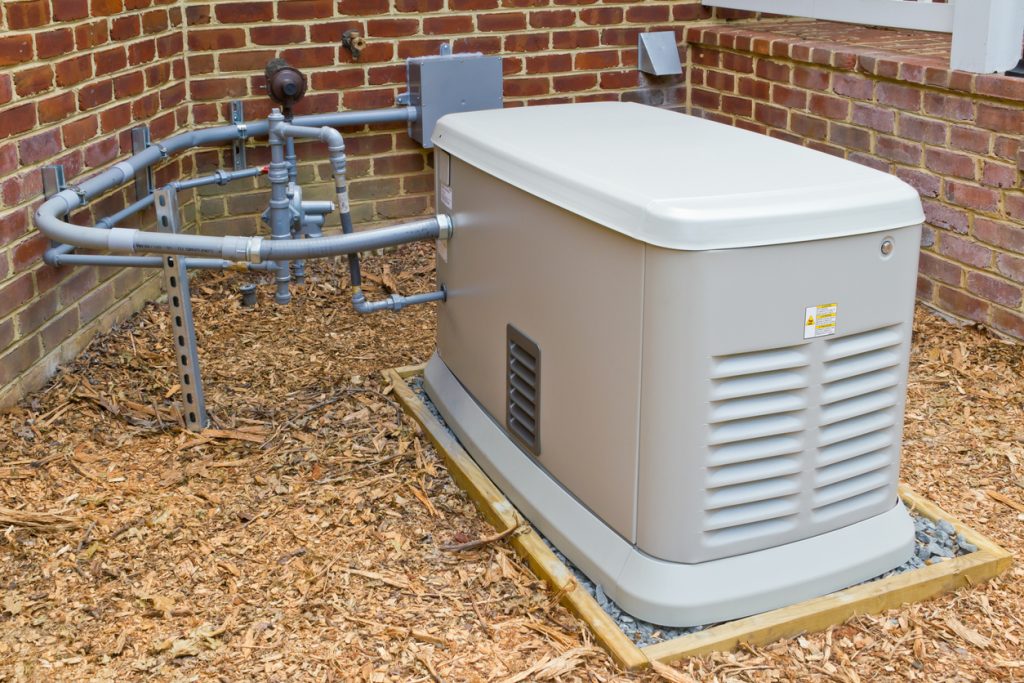Backup generators are helpful, especially during a power outage. Despite most generators operating quietly, they can sometimes make more noise than is typical. If your generator is making more noise than usual or if the noises are unexpected, you ought to consider having the generator checked to uncover the cause and resolve the problem.
Clicking
Defective batteries or batteries that are reaching the end of their lifespans can make a generator start clicking. Corroded or loose cables can cause insufficient voltage, leading to a clicking sound. Regardless of the situation, you’ll benefit from having the battery checked out.
Grinding
Bearings and pistons work together to keep the generator working efficiently. These parts require regular lubrication to prevent grinding and screeching sounds. Sometimes, the lubricants solidify if the generator isn’t used for a while, leading to loud noises.
If you hear loud grinding or screeching sounds, turning the generator off is a good idea, and you should contact a professional immediately.
Popping
When generators backfire, they make a popping sound. Sometimes, the sound is like a balloon popping, and sometimes, the sound is more like a gunshot. Flames or smoke might be visible in the exhaust, too. Insufficient fuel or air can make a generator backfire. Bad fuel or an open chalk valve can also cause backfires.
Issues with the generator’s governor can also cause popping sounds. Stuck valves can make a popping sound, which is a possible issue if the fuel-to-air ratio is normal. Clogged or damaged fuel lines, as well as a clogged carburetor, can also cause popping noises.
Rattling
Loose generator components can cause knocking and rattling noises. If you have insufficient oil levels, this can also cause rattling noises. Your generator’s parts won’t receive proper lubrication without sufficient oil levels. The color and consistency of the oil are as important as the levels.
Sludge-like, cloudy oil is often spoiled. When your generator has spoiled oil, it’s time for new oil. It’s helpful to remember that oil quality degrades over time, causing friction and heat from poor lubrication. Your generator will consume more oil, and the rattling noises will likely intensify.
These sounds are the abnormal ones that you are most likely to hear from your generator. You shouldn’t ignore the situation if these sounds are louder than usual. Sometimes, these noises indicate a problem that can lead to severe damage. When you need generator services, feel free to contact Excel Electric in Eugene, OR.

